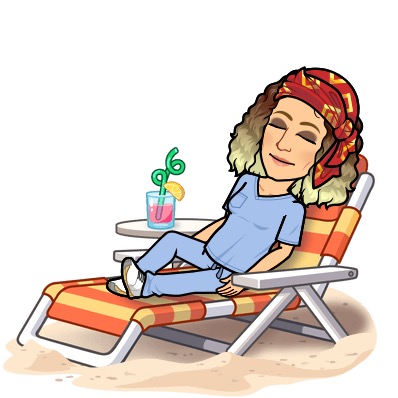No, of course it’s not a book review. If you want a proper one of those, you can find it here:
It’s the book I mentioned a few days ago, written by a surgeon I’ve worked with a few times in the past, most notably on that tragic weekend on call when two young men died on our watch. It’s an autobiography as well as being stuffed full of work stories. It was a gripping read for me, once I started reading it I didn’t want to stop, not because it’s the best book ever written, but because I wanted to see if she mentioned me or anyone I know. And bugger me if I didn’t turn up straight away in the prologue. She began the book with the events of that weekend. Clearly it affected her as strongly as it did me. Astonishing then that we never spoke about it afterwards. I could sense her relief at the post mortem results that their injuries were unsurvivable, because that was exactly my reaction. Did she mention me? She sure did, twice:


Of course, it’s her story, not mine, so no mention of my intubating and cannulating both boys, or any hint that I might have had any part in the decision making process, but I’m absolutely OK with that. My id was fully prepared to be exposed as an incompetent impostor, so a little anonymity is a fantastic bargain for me. I wonder what happened to the two junior doctors who were on with us? I did try and track them down some weeks later, emailing them both to say what a great job I thought they’d done, but I never heard back. Taking a rural posting as a house surgeon is often deliberately done to improve your chances of doing and seeing more, rather than just being stuck with the scut jobs that big city junior doctors are loaded with, but the corollary is exactly this.
Breathing a sigh of relief after the prologue was finished, I could settle down to enjoy the rest of the book. There were a couple of surgeons whom I recognised straight away with a laugh, even though they weren’t named specifically. There really are some very odd personalities in medicine.
She’s obviously an extremely driven person, but it’s hard to appreciate just how brutal the surgical training scheme is. They work much longer hours than we do in anaesthesia, I’m not sure how or why they get away with it? The feeling is that they need more experience than we do, or possibly that fatigue doesn’t affect them in the same way? I’m just so glad that surgery never appealed to me.

The other hot topic that she addresses is the sexual harassment that seems to be part and parcel of some women’s specialty training experience. Her account is truly jaw dropping, but I have no doubt it’s absolutely a reality for many women in medicine, and elsewhere of course. I’ve never been sexually harassed ever in my life, in or out of medicine, I’m not sure why? Certainly I don’t take it as a sign that I’m too tough and scary, or too ugly to attract anyone. More likely it’s because I’m quiet and mousy, but I really don’t know enough about the psychology of abuse to put forward a useful hypothesis. I’m just grateful. Would that my offspring could be so lucky.
The best part of the book is at the very end, in the acknowledgments, where she names some of her colleagues that helped her survive the job, some of whom I know, and also mentions one anaesthetist in particular who she obviously thinks the world of. He had a caring nature and a bedside manner that was second to none, and he was there with encouraging words when she was facing one of the most demanding moments of her budding career. The man was none other than the incomparable Dr Chris Thorn, a mentor and supporter in my very own career as well as being one of the most enthusiastic readers and contributors to this blog over the years. Finally the recognition you deserve, Dr Thorn! I add my heartfelt thanks to Ineke’s and I hope you enjoy your retirement as you so richly deserve.
